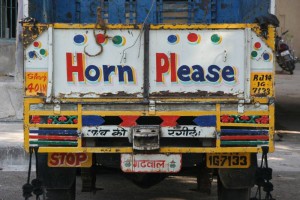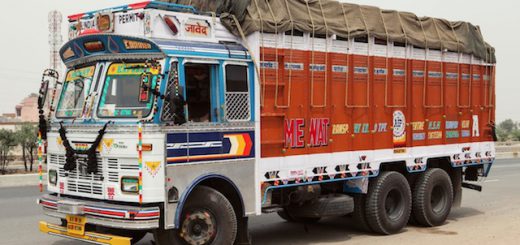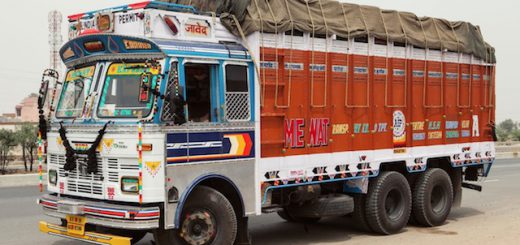Maharashtra government bans ‘Horn OK Please’ on trucks
State transport commissioner Mahesh Zagade on Thursday issued a circular banning the use of the phrase “Horn Ok Please” on the rear side of commercial vehicles, such as trucks and tempos, across Maharashtra.
“But it gives licence to motorists to honk unnecessarily and there have been numerous complaints of excessive honking in silence zones such as near hospitals, schools and colleges. We have, therefore, decided to impose a ban on the use of this phrase,” said a senior official from the transport commissioner’s office, adding that it will also help reduce noise pollution.
A few transporters associations have welcomed the ban. All India Motor Transport Congress former president Bal Malkit Singh said that the phrase was coined to allow vehicles to overtake on narrow roads.
“Several years ago, roads were narrow and one really had to honk to alert the vehicle in front while overtaking. But this is not required of late. We have wider roads, four- to six-lane highways, and drivers can use lights and indicators while overtaking. There is no need to honk,” he said.
The circular, a copy of which is with TOI, states that displaying the phrase “Horn OK Please” is a gross violation of Section 134 (1) of the Maharashtra Motor Vehicle Rules, which deals with signages to be used on the rear and sides of vehicles. “It encourages people to honk every time you pass a truck or tempo. It sends a wrong message to citizens,” the circular stated.
“We will conduct a drive to check all vehicles from next week. If we find any truck or tempo violating our orders, there will be stringent punishment which could mean suspension of permits or fines as high as Rs 500,” said a RTO official.
Anti-noise pollution activists welcomed the decision, saying excessive honking was a nuisance for those residing in silence zones, especially hospital patients. According to WHO guidelines, the relative risk of hearing loss rises when being continually exposed to noise levels over 85dB and the danger gets higher at 90dB and above.





Recent Comments